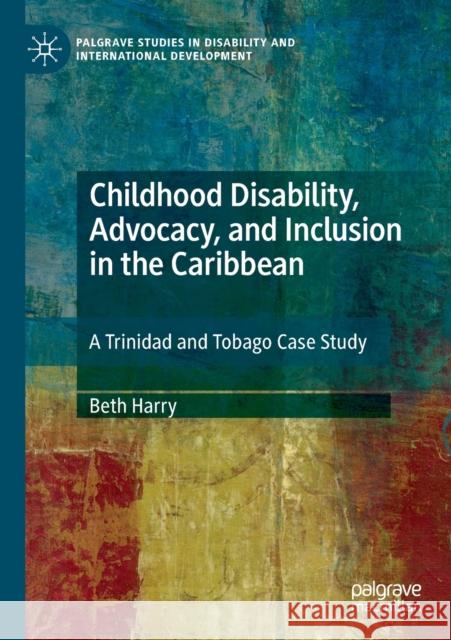Childhood Disability, Advocacy, and Inclusion in the Caribbean: A Trinidad and Tobago Case Study » książka
topmenu
Childhood Disability, Advocacy, and Inclusion in the Caribbean: A Trinidad and Tobago Case Study
ISBN-13: 9783030238605 / Angielski / Miękka / 2020 / 283 str.
Childhood Disability, Advocacy, and Inclusion in the Caribbean: A Trinidad and Tobago Case Study
ISBN-13: 9783030238605 / Angielski / Miękka / 2020 / 283 str.
cena 201,24
(netto: 191,66 VAT: 5%)
Najniższa cena z 30 dni: 192,74
(netto: 191,66 VAT: 5%)
Najniższa cena z 30 dni: 192,74
Termin realizacji zamówienia:
ok. 22 dni roboczych
Dostawa w 2026 r.
ok. 22 dni roboczych
Dostawa w 2026 r.
Darmowa dostawa!
Kategorie BISAC:
Wydawca:
Palgrave MacMillan
Seria wydawnicza:
Język:
Angielski
ISBN-13:
9783030238605
Rok wydania:
2020
Wydanie:
2020
Numer serii:
000793598
Ilość stron:
283
Waga:
0.37 kg
Wymiary:
21.01 x 14.81 x 1.65
Oprawa:
Miękka
Wolumenów:
01
Dodatkowe informacje:
Wydanie ilustrowane











